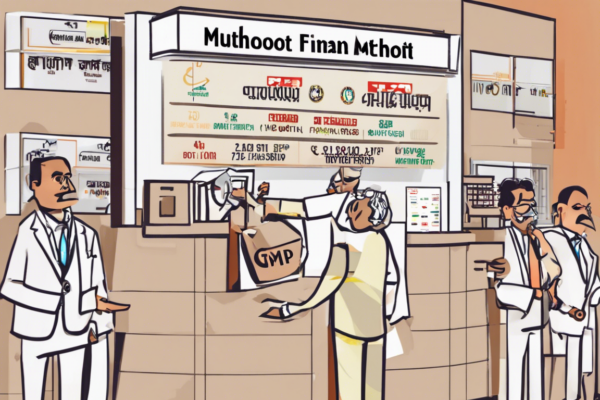Introduction
In the realm of cybersecurity, new challenges continue to emerge as technology advances. One recent case that has garnered attention is the Leah Mifsud Leak, shedding light on the vulnerabilities within data security protocols. This incident has raised concerns regarding privacy, data protection, and the potential consequences of such breaches.
Understanding the Leah Mifsud Leak
The Leah Mifsud Leak refers to the unauthorized disclosure of sensitive information belonging to a high-profile individual, leading to significant repercussions. This breach underscores the importance of implementing robust security measures to safeguard personal and confidential data from malicious threats.
Factors Contributing to the Leak
Several factors may have contributed to the Leah Mifsud Leak, including inadequate encryption protocols, weak password protection, outdated software systems, or social engineering tactics. Cybercriminals often exploit these weaknesses to gain unauthorized access to private information, emphasizing the need for proactive security measures.
Impact of the Leak
The repercussions of the Leah Mifsud Leak can be far-reaching, affecting not only the individual involved but also their associates, business partners, and clients. The compromised data may be used for identity theft, financial fraud, or other malicious activities, posing a significant risk to cybersecurity and personal well-being.
Preventive Measures and Best Practices
To mitigate the risks of similar breaches, individuals and organizations must prioritize cybersecurity measures. Implementing strong encryption protocols, multi-factor authentication, regular software updates, employee training on cybersecurity awareness, and maintaining data backups are essential strategies to enhance data protection.
Future Implications and Trends
The Leah Mifsud Leak serves as a wake-up call for the cybersecurity community, emphasizing the need for continuous vigilance and adaptation to evolving threats. As technology advances, so do the methods employed by cybercriminals, necessitating proactive measures to safeguard sensitive information and prevent data breaches.
FAQs:
- What was the nature of the information leaked in the Leah Mifsud incident?
-
The Leah Mifsud leak involved the unauthorized disclosure of sensitive personal and confidential data belonging to a high-profile individual.
-
How can individuals protect themselves from similar leaks?
-
Individuals can enhance their cybersecurity by using strong passwords, enabling two-factor authentication, being cautious of phishing attempts, and regularly updating their software.
-
What are the common vulnerabilities that cybercriminals exploit in data breaches?
-
Cybercriminals often exploit weak encryption, unsecured networks, outdated software, human error, and lack of cybersecurity awareness to gain unauthorized access to sensitive information.
-
How can organizations improve their data security measures?
-
Organizations can enhance their data security by conducting regular security audits, implementing robust encryption protocols, training employees on cybersecurity best practices, and establishing incident response plans.
-
What legal implications can arise from data leaks like the Leah Mifsud incident?
- Data leaks can lead to legal consequences such as regulatory fines, lawsuits for negligence, damage to reputation, and loss of trust from clients and stakeholders.
In conclusion, the Leah Mifsud Leak underscores the critical need for stringent cybersecurity measures to protect personal and confidential data in an increasingly digital world. By staying informed, proactive, and vigilant, individuals and organizations can mitigate the risks of data breaches and safeguard their digital assets effectively.




